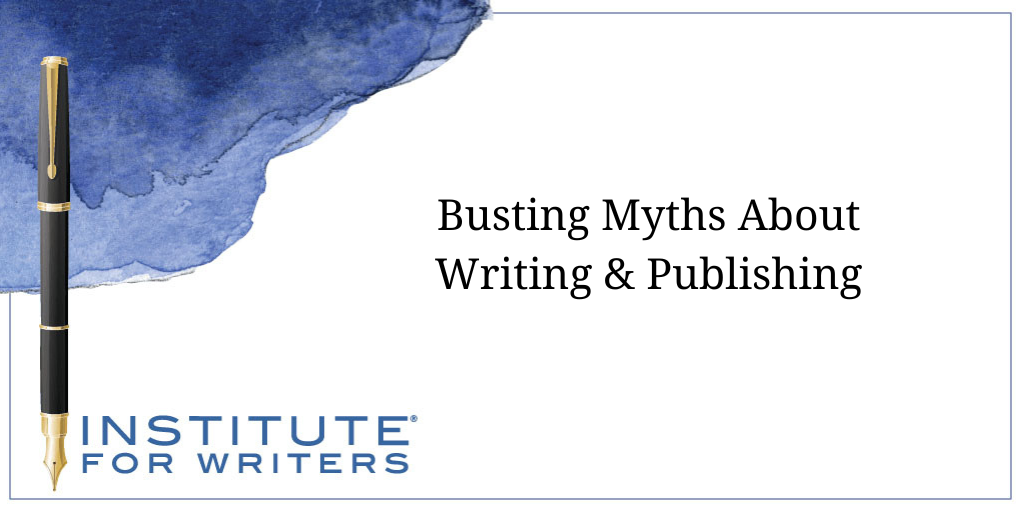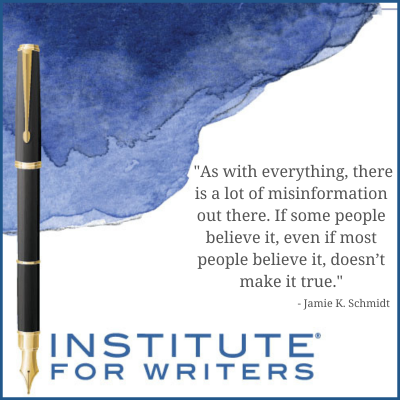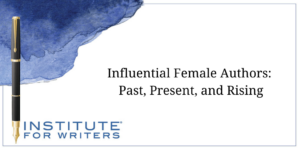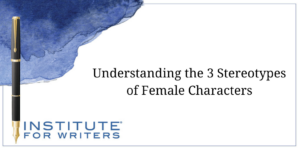
The Layers of Revision
To many, writing is revision, and most writers revise their manuscripts numerous times before they’ve shaped it into the best version that it can be.

There are a lot of preconceived notions about writing and publishing. One of my favorite “that would never happen in real life” moments comes from a television show called Mike and Molly. In the first episode of season five, titled “The Book of Molly,” during a writer’s workshop, a publisher expressed interest in Molly’s short story, leading to a substantial advance for her first book. Her husband, Mike, felt relieved as the advance check would almost eliminate their debt.
 A publisher wouldn’t approach a new author at a writer’s workshop to offer them a contract. A more realistic thing that could happen would be for a publisher to suggest to the author to submit to them directly with either a query, the first three chapters and a synopsis, or even the full manuscript. Most acquiring editors for a publishing house have to pitch the book they want to purchase to a committee. Only a few of those books get chosen to go to contract.
A publisher wouldn’t approach a new author at a writer’s workshop to offer them a contract. A more realistic thing that could happen would be for a publisher to suggest to the author to submit to them directly with either a query, the first three chapters and a synopsis, or even the full manuscript. Most acquiring editors for a publishing house have to pitch the book they want to purchase to a committee. Only a few of those books get chosen to go to contract.But it’s not just publishing that has preconceived notions, here are a few myths about writing as a craft that have prevailed.
BICFOK is the acronym for butt in chair, fingers on keyboard. In other words, if you wait for a brilliant lightning strike of inspiration, you’re leaving a lot of writing time on the table. The idea that the muse must visit you leaves many writers paralyzed in anticipation. The reality is that writing is a craft demanding discipline and commitment. Waiting for the elusive lightning strike can lead to an endless staring contest with a blank page. Successful authors, like J.K. Rowling, understand that inspiration often arises during the act of writing itself. Rowling famously conceived the idea for Harry Potter on a delayed train.
 Myth #2: Writing Is a Solitary Endeavor
Myth #2: Writing Is a Solitary EndeavorWhile writing necessitates focused concentration, the notion of it being a solitary, isolating pursuit is deceptive. Engaging with other writers, participating in writing groups, and seeking feedback are indispensable to the process. Bestselling author Stephen King himself sought the advice of fellow writers when crafting “The Stand.” Collaboration and shared ideas offer fresh perspectives, constructive criticism, and a sense of community.
Some writers thrive on structure, while others find it stifling. George R.R. Martin doesn’t write outlines. Gillian Flynn starts with a basic outline but allows room for the story to evolve organically. This is how I like to write my books. I want to know enough to get me to the next pinch point or plot twist, but I don’t want to be locked into a narrative that could back me into a corner if a better idea comes along.
 Nope. You are constantly editing. There’s the editing you do before you submit your manuscript. Then if you get a contract, you may have to go through a developmental edit with the publisher to make the book more marketable. Then when that’s done, there’s a line edit that’s usually done to make sure the book flows and the changes make sense. Then a new editor does copy edits to catch any remaining grammatical or spelling errors. And finally, there’s a proofread edit. The author is involved in all these edits.
Nope. You are constantly editing. There’s the editing you do before you submit your manuscript. Then if you get a contract, you may have to go through a developmental edit with the publisher to make the book more marketable. Then when that’s done, there’s a line edit that’s usually done to make sure the book flows and the changes make sense. Then a new editor does copy edits to catch any remaining grammatical or spelling errors. And finally, there’s a proofread edit. The author is involved in all these edits.
The belief in overnight success can be disheartening for aspiring writers. The truth is, behind every seemingly sudden literary triumph lies years of hard work, rejection, and perseverance. J.D. Salinger worked tirelessly on The Catcher in the Rye for a decade before achieving success. Rebecca Yarros, whose book Fourth Wing is one of the bestselling books of this year, has written several books over the past seven years.
As with everything, there is a lot of misinformation out there. If some people believe it, even if most people believe it, doesn’t make it true. Do your research, but also be aware of your own process and procedures.
Don’t confuse rumor with fact. Don’t let myths about writing derail you, but most importantly, don’t let anyone discourage you from writing.

To many, writing is revision, and most writers revise their manuscripts numerous times before they’ve shaped it into the best version that it can be.

We’re going to look at influential female authors of the past, those impacting the present, and whom the industry expects to make a big splash.

This week, we’re focusing on how we as writers can create strong female characters that others will look up to, instead of harmful stereotypes.
1000 N. West Street #1200, Wilmington, DE 19801
© 2024 Direct Learning Systems, Inc. All rights reserved.

1000 N. West Street #1200, Wilmington, DE 19801
© 2025 Direct Learning Systems, Inc. All rights reserved.

1000 N. West Street #1200, Wilmington, DE 19801
©2025 Direct Learning Systems, Inc. All rights reserved. Privacy Policy.
2 Comments